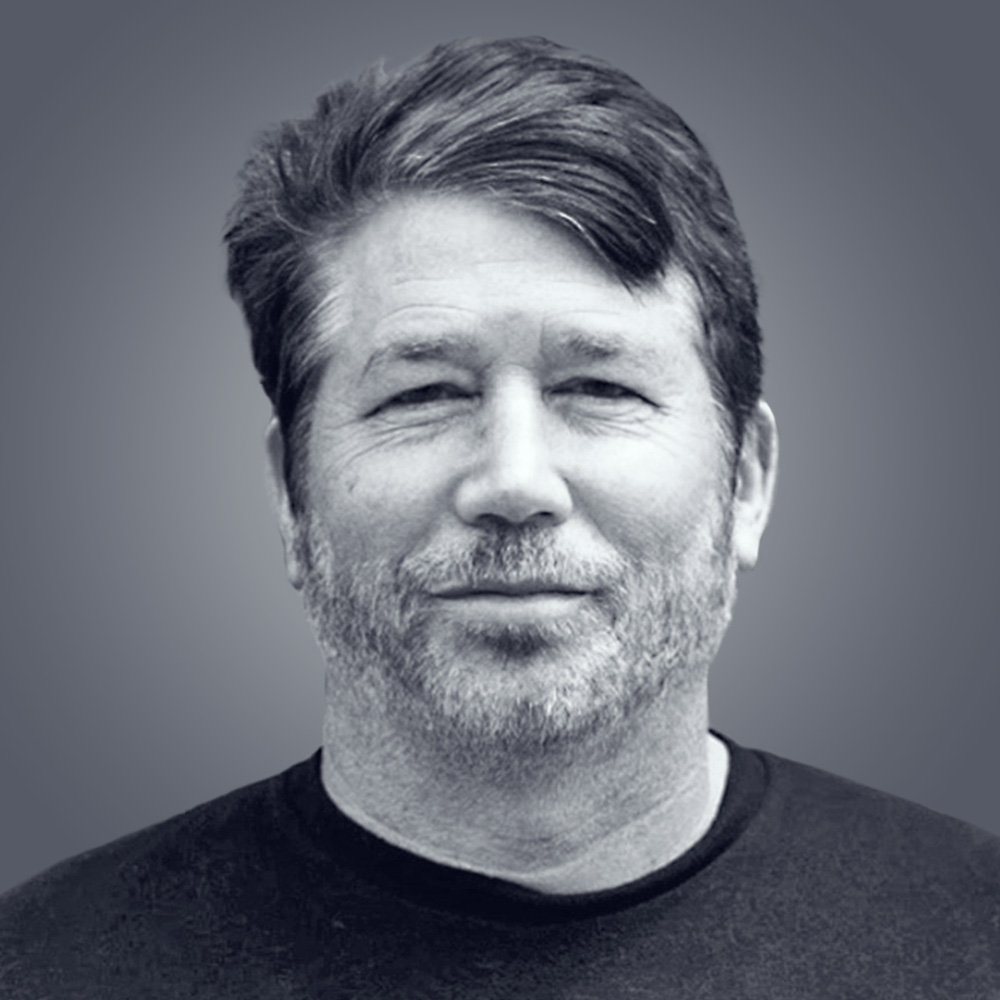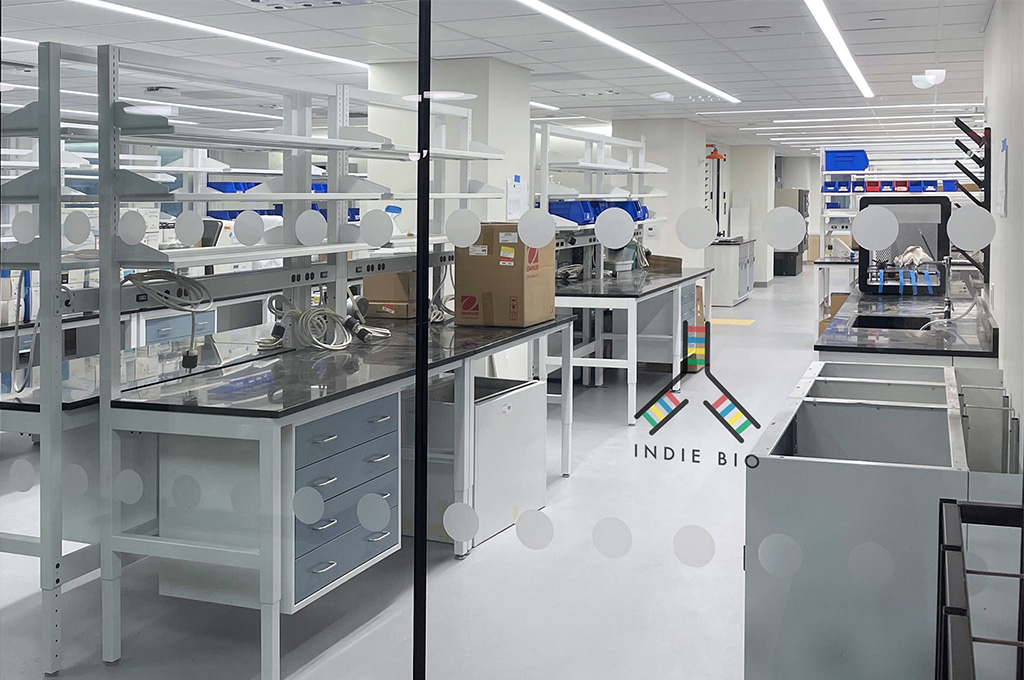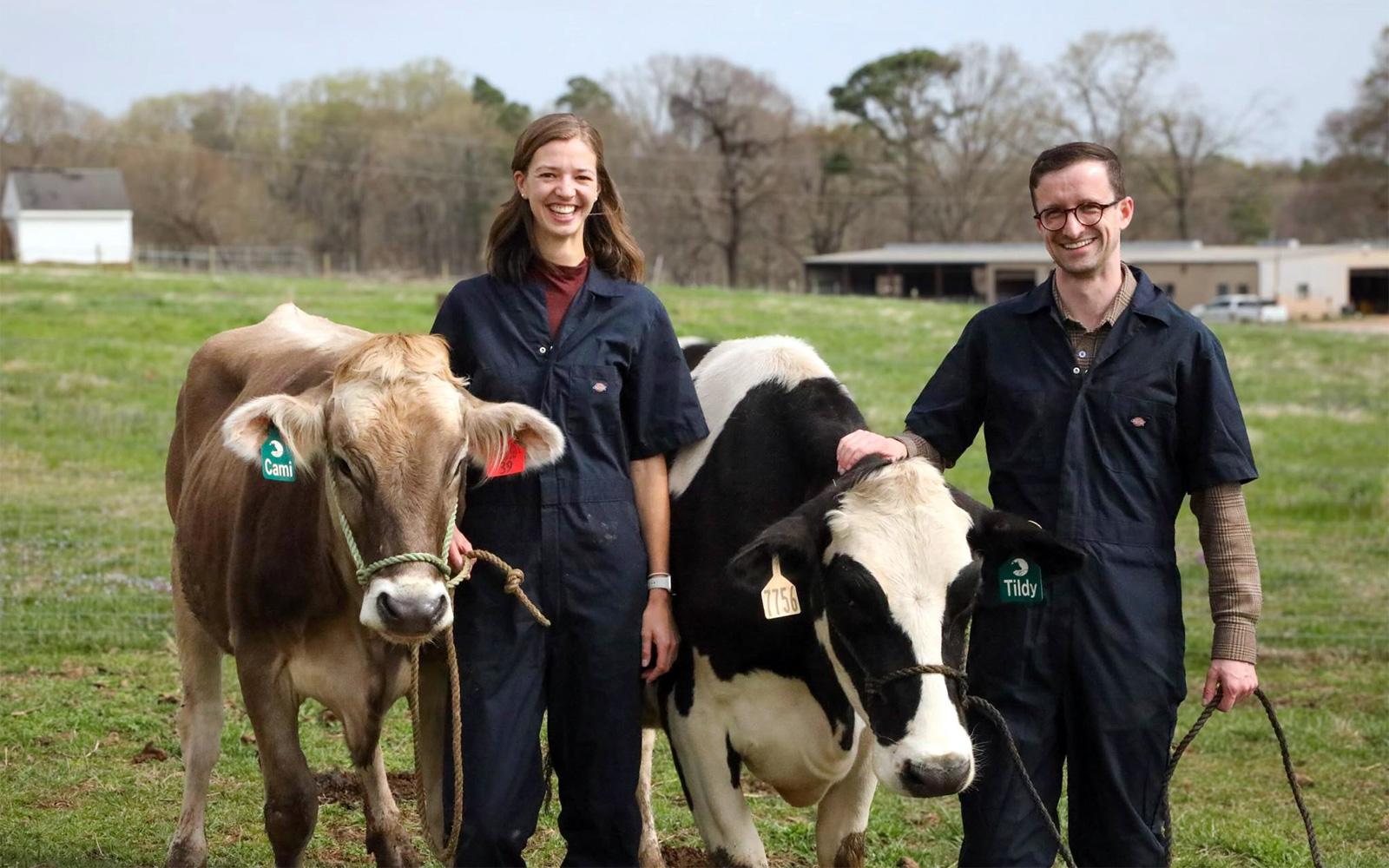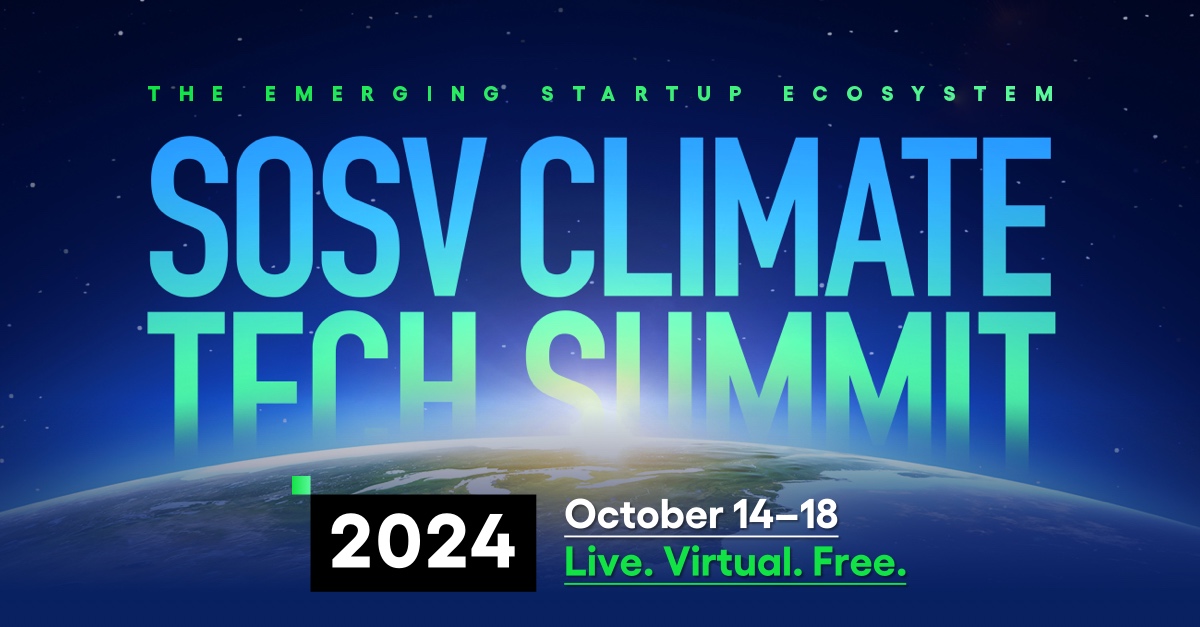
Q. Uh, seven bestselling books … you could be retired on some private island … why are you here?
A. It’s simple. I fell in love with IndieBio. I mean, I really love it. I’ve been deeply committed at every level for over two years. I know this isn’t a conventional answer but that’s because most people don’t feel this way about why they do what they do.
Q. SOSV was named the US’s “most active VC” in Q2 — a time when economic GDP fell by 34%. IndieBio’s activity was a huge part of that. Why didn’t you slow down like so many others?
A. Everyone says COVID is the great accelerator — and they’re largely talking about the shift to ecommerce over retail, or the shift to at-home entertainment. But it’s been a huge accelerator in our sectors: scientists are heroes.
Q. What’s unique about leading an organization like IndieBio?
A. That it’s a network. Sure, at the core is our SOSV set of funds. But IndieBio is a community, and it’s been built by founders, by investors, by non-profit advocates, by so many friendly universities, and by fans who pack our rafters at night. They all have a stake in IndieBio. I have experience leading three previous organizations that had this community dynamic. It’s very much about service. I’m here to serve. Not boss.
Q. What’s the most-important-but-least-discussed secret to venture capital?
A. Trust. All financial transactions are about trust and belief at their core. Trust and belief is the foundation of all organizational activity. Derisk, derisk, derisk — but there has to be a nugget of trust and belief.
Q. How is IndieBio changing?
A. There are not new changes. We’ve been implementing them over the last two years and they are largely in place. 1) We’re not just an accelerator anymore, we’re a bigger fund, investing in our companies for years and years (80% of the money we’re deploying this year is not at the accelerator stage); 2) We opened IndieBio NY, with the help of the State of New York, and have a tremendous team there led by Steve Chambers, doubling the number of startups we’re accelerating; 3) We’re making a little more capital available to each startup through Genesis Consortium. I know this has been a hard year for so many; but it’s been a record year at SOSV.
Q. What’s Genesis Consortium?
A. Many funds and partners have long wanted to invest programmatically into our portfolio at the very early stage — and now there’s a way.
Q. Favorite Arvind quote that inspires you every day?
A. “Alpha is in the Basement.” It means that the greatest value we add to our companies is working really hard with them, one on one, in the first five months.
Q. Why did you and Arvind write a book?
A. It’s said in basketball, “Shooters gonna shoot.” So, “Writers gonna write.” It’s just what we do. I think most people kinda had a sense that Arvind was also an artist, or had been an artist — but I think they’ll be blown away by his chapters. Absolutely blown away.
Q. What’s front of mind these days?
A. Ahh … I have to say, the industrial and manufacturing sector, and how it underlies the deep psychological need for self-sufficiency, self-determinism. We work with a fair number of nations and NGOs who see biomanufacturing of raw materials as a path to self-sufficiency. But this applies equally to the US too.
When the pandemic hit, we couldn’t even make masks. We couldn’t produce test kits. We couldn’t make ventilators. We were out of toilet paper. In some cases, we couldn’t even make drugs.
The only full-stack US manufacturing sectors left are food processing and construction. Products that wear a “Made in USA” label, like our cars, are assembled here from parts made elsewhere. The processing of raw materials we’ve long abandoned. The result is an economy with lots of jobs — but jobs making $5 sandwiches at Subway rather than making the $1,000 phones we use.
Even the food sector has shown incredible vulnerabilities. Milk is being poured out, crops are rotting in fields, hogs are being asphyxiated, all while there’s huge long lines at the food banks. Grocery prices are going up as restaurants are going down.
China didn’t take our jobs. We gave the jobs to them, so our televisions could be bigger and our clothes cheaper and we could decorate our homes with new furniture they built for us. In the ’90s, we decided we wanted to be the manufacturer of digital and virtual products instead. Stuff like movies, and advertising, and insurance. (Except health insurance.) Everyone was going to be a “knowledge worker.” Remember that? It only works when knowledge is reasonably scarce. Then the internet dumped all the world’s knowledge online, and made it free. We soon led the world — in borrowing money. We’re #1 — in incarceration. Nobody can compete with us — in dog and cat ownership. We crush the rest of the world — in plastic surgery. Poor counties stopped hoping for a factory, and started hoping for a casino.
The collective sense that we’ve gone astray may show itself in protests and in a moral divide, but its roots are in the economic system. The intense polarization of this election is just the downstream effect of fundamental economic weakness. America was built on a creed of self determination and self reliance. Then we abandoned it. Now we lead the world — in divorce.
Watching how we’ve gutted our industrial base has been painful. But I would argue the path forward is vividly clear: take advantage of the massive shift to sustainable production, and reestablish our industrial base with cleantech across every sector.
The means of production is undergoing a complete reinvention to address greenhouse gas emissions, pollution, and natural resource constraints. Almost everything we make — from cars to houses to clothes to food — is being stripped down to its raw ingredients and reassembled. Even the very base of the industrial economy, chemistry, is going green. Exxon was the most valuable company in the world as recently as 2013. Exxon dropping off the Dow Industrials in just seven years should ring alarm bells in every boardroom.
I think it’s important to juxtapose “advanced manufacturing” vs “biomanufacturing.” Advanced manufacturing uses automation and robotics to deliver unprecedented precision — it’s still about finished, durable goods. Biomanufacturing is really about new raw materials. For the first time, we can produce superior raw materials that don’t need post-processing — (not just like for like) — in bioreactors at scale. It’s a technology that will change global power, because it allows any country to stop importing. All technological revolutions are also social revolutions, and this one will be wild to live through.
Q. Short answers, please.
A. Check.



